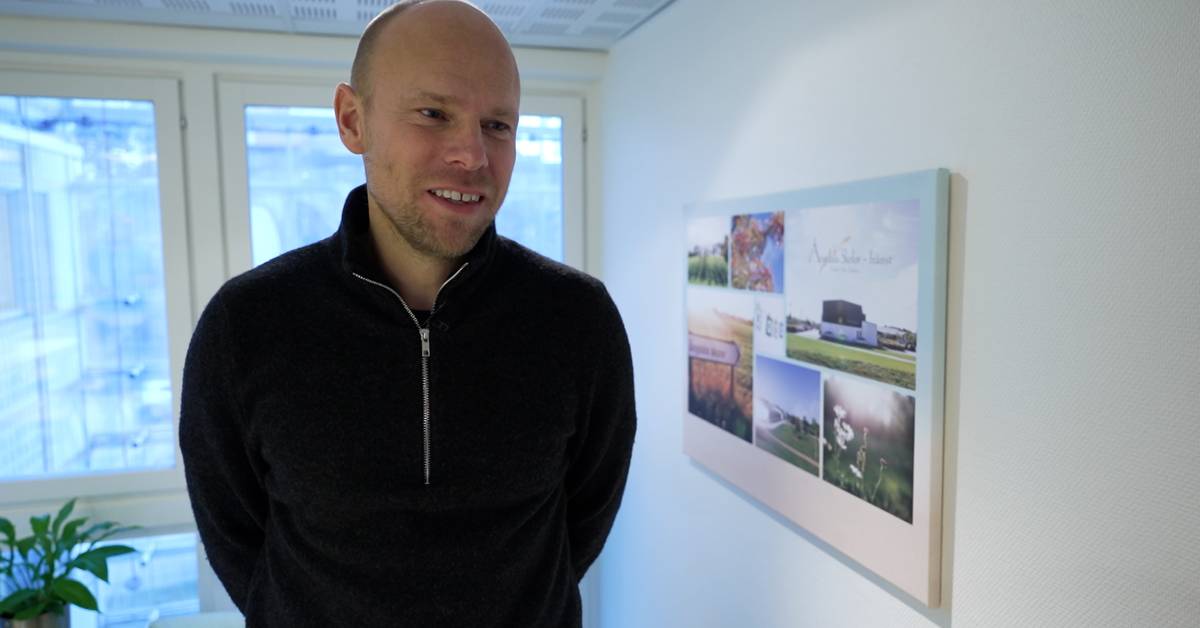On average, Atvexa has acquired nine to ten new businesses per year.
The group owns 39 schools around Sweden and 157 preschools in Sweden, Norway and Germany.
Between 2017 and 2021, turnover increased by 142 percent.
In the most recent financial year, the company's turnover was SEK 2.3 billion.
SVT has reviewed the five school groups that have grown the most in recent years - at least doubled.
The groups on the stock exchange have a clear common message in the annual reports: Growth is high and it will continue to be so.
Atvexa has repeatedly demonstrated how the group has increased turnover by an average of 30 percent per year since its inception in 2009.
"Growth no longer sacred"
- In a listed environment, you have a target group that is investors and analysts.
You tell those investors what kind of business you are running and how you are growing.
But we no longer have that target group and going forward, growth is not something sacred to us.
The most important thing for us is that we conduct a high-quality business.
How does it affect the business to have market price and growth requirements to take into account?
- I can only talk about Atvexa.
Since growth is not that important to us and growth is a parameter that is rewarded on the stock exchange, that was one of the reasons why our owners chose to leave the stock exchange.
The long-term perspective that we cherish is not really room for in a stock market environment, says Johan Kyllerman.
Darker times
Economic times have also become grimmer, as several school groups reported last autumn.
- This is one of the toughest years, I would say, in our history, says Johan Kyllerman.
Rents often rise as much as inflation, i.e. ten percent.
Electricity and school meals will also become more expensive.
The municipalities do not want to raise the school fee by as much, according to several groups.
More vegetarian food
This means cuts according to Atvexa.
At the moment, it is about more vegetarian food and less use of drying cabinets, but staff reductions are also not out of the question.
- It may mean changes in terms of staffing and scheduling, but that is the last step.
It's the same situation for the municipal schools, so it would be strange if the municipalities don't eventually compensate for the cost increases, says Johan Kyllerman.

